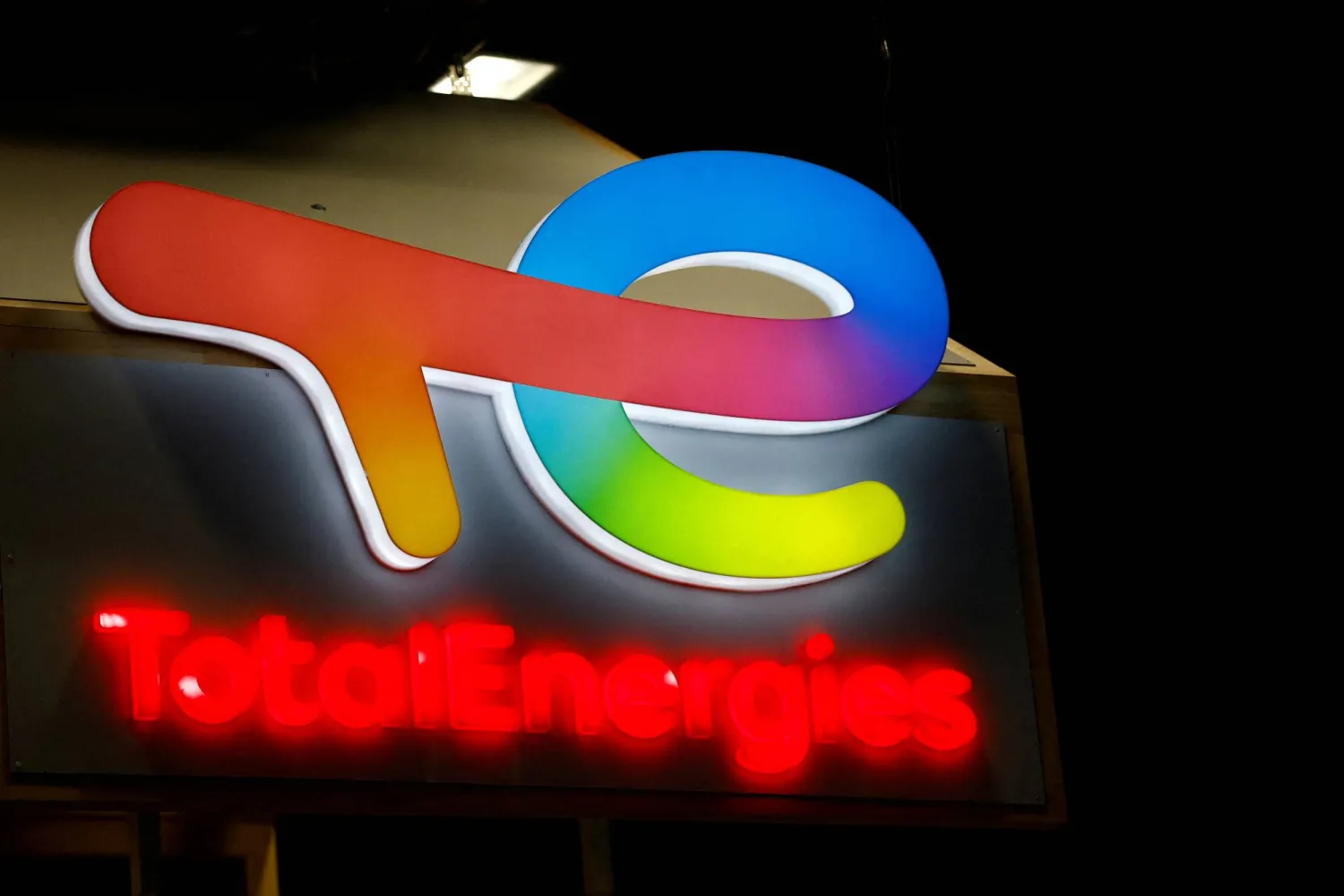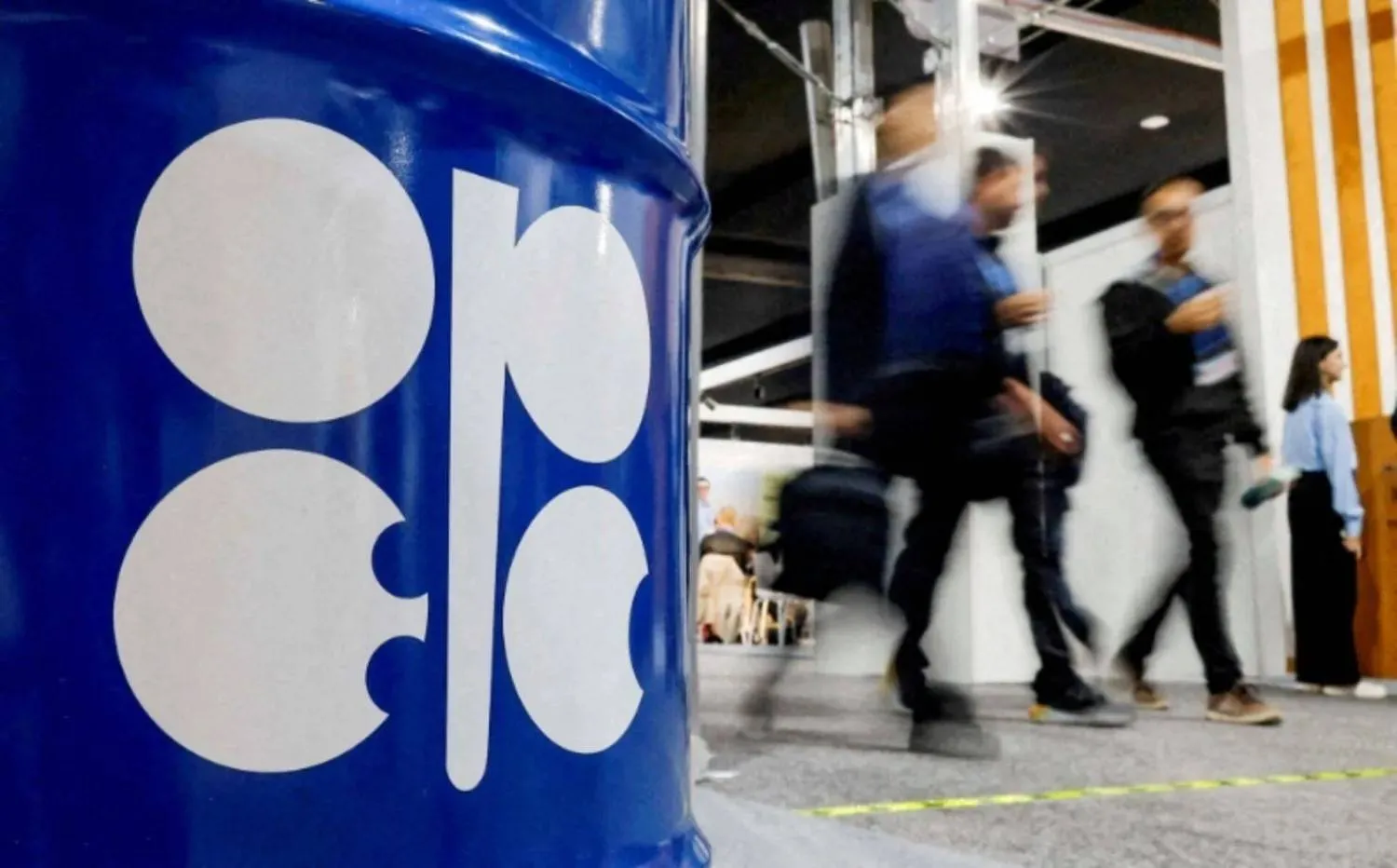The International Monetary Fund warned on Thursday that Lebanon was in a very dangerous situation a year after it committed to reforms it has failed to implement and said the government must stop borrowing from the central bank.
IMF mission chief Ernesto Rigo told a news conference in Beirut that the authorities should accelerate the implementation of conditions set for a $3 billion bailout.
"One would have expected more in terms of implementation and approval of legislation" related to reforms, he said, noting "very slow" progress. "Lebanon is in a very dangerous situation," he added, in unusually frank remarks.
Lebanon signed a staff-level agreement with the IMF nearly one year ago but has not met the conditions to secure a full program, which is seen as crucial for its recovery from one of the world's worst financial crises.
Without implementing rapid reforms, Lebanon "will be mired in a never-ending crisis," the IMF warned in a written statement after Rigo's remarks.
The economy has been crippled by the collapse of the Lebanese currency, which has lost some 98% of its value against the US dollar since 2019, triggering triple-digit inflation, spreading poverty and a wave of emigration.
The crisis erupted after decades of profligate spending and corruption among the ruling elites, some of whom led banks that lent heavily to the state.
The government estimates losses in the financial system total more than $70 billion, the majority of which were accrued at the central bank.
"No more borrowing from the central bank," Reuters quoted Rigo as saying. "Over the years, the government has been borrowing from the central bank. Not just in the past (but also) the last few months, which is something we have recommended should stop."
The IMF has called for financial sector losses to be distributed in a way that preserves the rights of small depositors and limits recourse to state assets, though powerful politicians and banks have pushed back, delaying the recovery.
"Suffice it to say that the loss is so large that there will unfortunately have to be a distribution between the government, the banks and depositors," Rigo added.
Still, he said that the IMF would "never walk away" from helping a member country and there was no deadline for Lebanon to implement the reforms.









